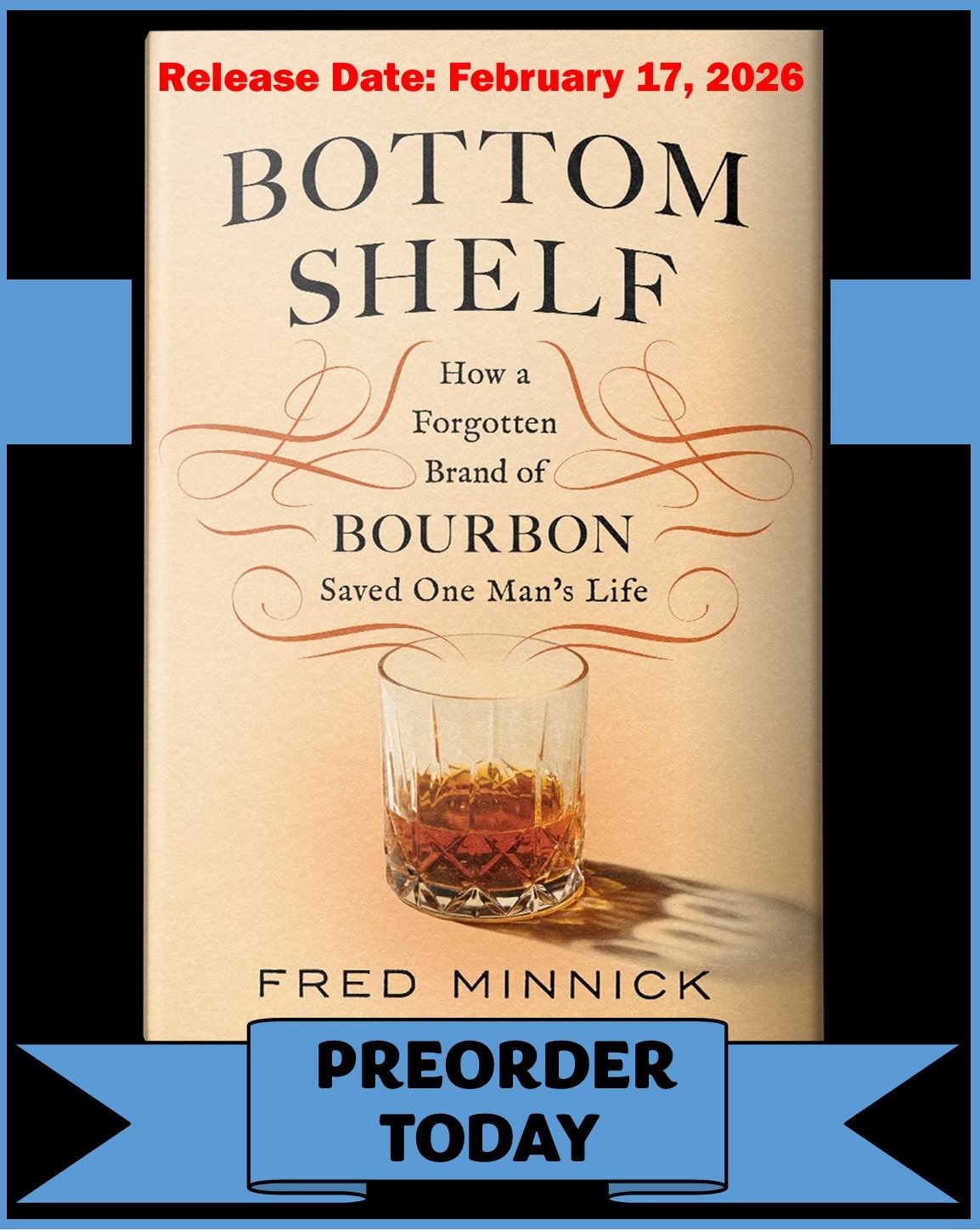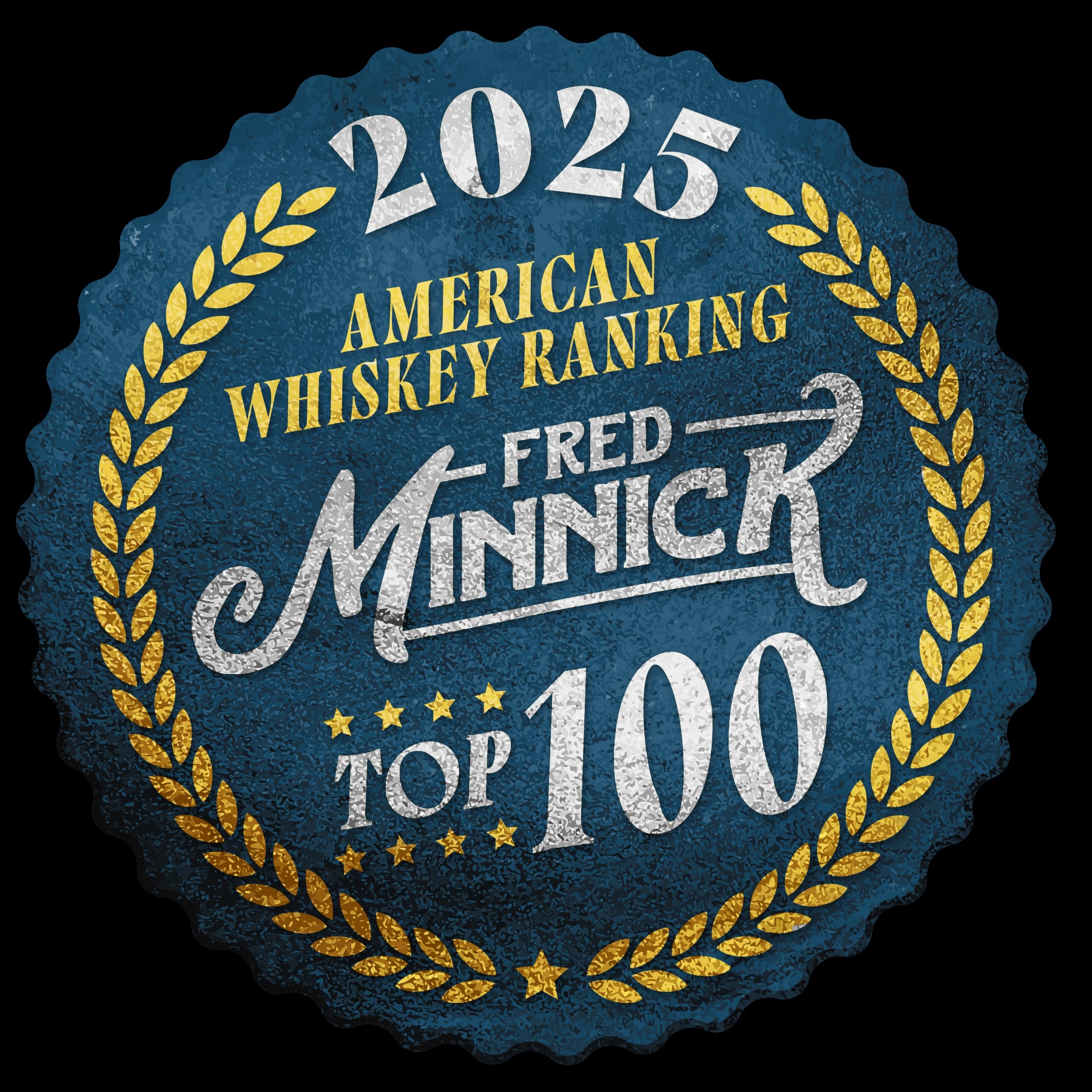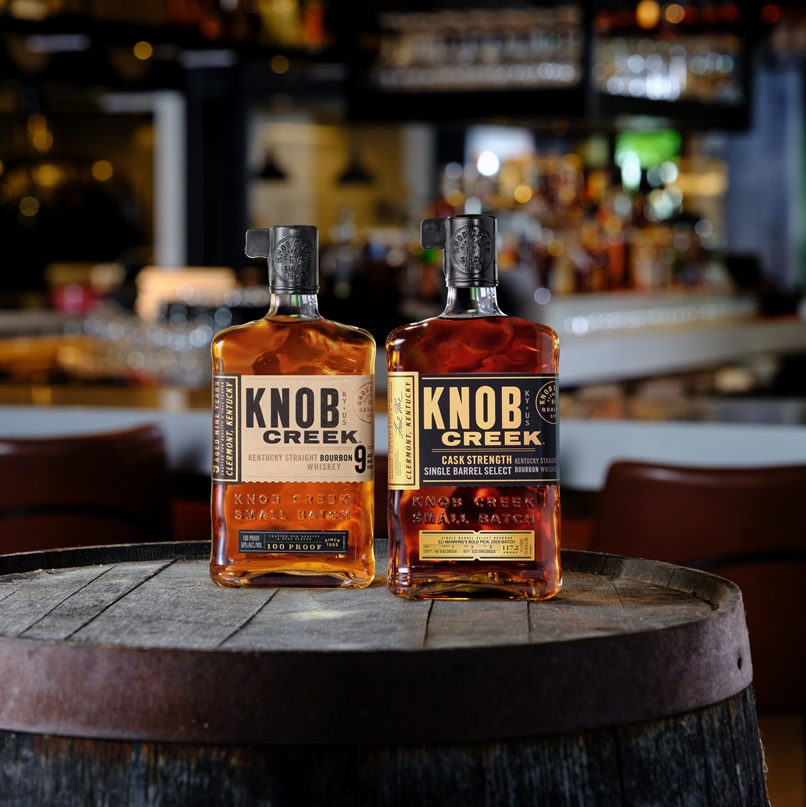Dewar’s Sexist ‘Meet the Baron’ Ad Degrades Women, Puts Whisky Industry at Risk
When I wrote Whiskey Women: The Untold Story of How Women Saved Bourbon, Scotch & Irish Whiskey, I hoped it would give women the respect they’ve long deserved for contributing to the alcohol’s storied history. Sadly, with its tasteless “Meet the Baron” ad campaign, Dewar’s managed to revert back to misogynistic principles and poke fun at obesity.
The ad begins with a man running from apparent trouble. The Baron pulls up in his slick sports car to save his buddy, painting a picture that this Baron is a real pal who comes to your aid in a time of need. Then, the commercial pans to a bar, where troublemaker is sipping whisky. An overweight woman in a red dress walks toward him, wind blowing in her hair, looking to make an advance. Out of nowhere, the Baron (wearing an ascot of all things!) positions himself between the woman and his buddy, cuing up a sexist voiceover: “on the battle field, he wouldn’t just take a bullet for you; he’d be the one throwing himself on the explosives.”
This particular scene is drawing ire around the world and has spawned an online petition to stop the commercial.
Owned by Bacardi Corporation, Dewar’s apparently cares more about appealing to frat boys and single immature men who still eat 15-cent ramen noodles and pay for cabs with couch-cushion spare change than appropriately marketing with dignity.
I’m generally not a member of the Political Correctness police, and there was a time in my life when this Dewar’s commercial would have appealed to me—when I was a college kid. But, as a grown man with a pregnant wife, I’m stricken in disbelief that a 21st Century marketing executive could approve “Meet The Baron” series.
By implying a friend needs to run interference with a large woman, the Baron effectively stigmatizes a woman’s size and the troublemaker is rewarded with Swedish bikini models. How is this not discrimination?
As a society, we cannot accept bullying or poking fun at people for being different. If Daniel Tosh or Saturday Night Live made fun of large women, that is within their comedic platform. Dewar’s, on the other hand, does not have this latitude. The whisky brand is subject to laws and industry standards that dictate its ad content and target audiences.
With this ad series, Dewar’s may have been in violation of the Distilled Spirits Council of the United States (DISCUS) “Code of Responsible Practices,” which states: “Beverage alcohol advertising and marketing materials should not degrade the image, form, or status of women, men, or of any ethnic, minority, sexually-oriented, religious, or other group.”
According to the American Heart Association, 74.8 million U.S. women suffer from obesity. These women are our mothers, daughters, wives, sisters, granddaughters and grandchildren. Due to their weight, they suffer from heart attacks, diabetes, cancer, stroke and other complications. Their weight may be caused by genetics, a lack of diet understanding or childbirth. But, they are real people and their health complications are serious. They do not deserve the notion that a “Baron” saves their friends from large women. The Dewar’s commercial degrades women everywhere, but especially the “group” of obese women.
I expect somebody will file a DISCUS complaint (here’s how) and Dewar’s will withdraw the ad.
I also fear the Dewar’s ad could have widespread implications that impact responsible whisky advertisers. You may have noticed an increase in radio and television advertisements the past year. That’s because the FTC said liquor advertisements have the same rights as non-distilled alcohol.
After this public FTC statement, liquor companies started purchasing major TV and radio commercial time slots it would not normally, such as morning talk shows and Prime Time television.
This increased liquor media has come under scrutiny, however, after a 2013 study indicated liquor ads might drive kids to drink. Published in Pediatrics, the official journal of the American Academy of Pediatrics, the study’s conclusion: “Younger adolescents appear to be susceptible to the persuasive messages contained in alcohol commercials broadcast on TV, which sometimes results in a positive affective reaction to the ads. Alcohol ad exposure and the affective reaction to those ads influence some youth to drink more and experience drinking-related problems later in adolescence.”
For sure, it’s the parent’s responsibility to raise a child, but the liquor industry must be more responsible with its advertising messages. If more teenagers end up in rehab, more studies like this will appear and more people will blame the liquor companies.
That’s why the Dewar’s ad is even more dangerous than just offending women. The Baron commercial opens the door to future tasteless ads and could inspire liquor ad ban movements that were popular in the 1950s.
In this new age media world, liquor brands must be more judicious with their marketing because social media makes exposure limitless.
Considering this responsibility, there is no excuse for completely disregarding a DISCUS tenet that all brands should follow—that advertisements “should not degrade” human beings.








